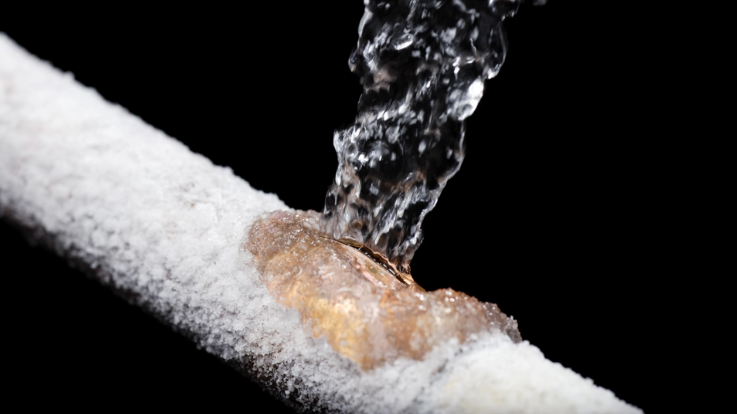8 Tips to Protect Your Home Against Harsh Frost.
Others are reading now
While residents in Australia can hardly step outside without starting to sweat due to the intense heat, there are many other places around the globe where the cold is really starting to bite.
When car windows need to be scraped free of frost every morning, you really know it’s gotten cold, and this is also when you need to start paying extra attention. The cold can end up causing damage to things like your house.
Anne Mette Kirkegaard, Deputy Director at the Danish insurance company LB Insurance, offers advice on how to avoid frost damage to your home.
“We know from experience that this combination of multiple weather events can cause damage, so we would like to encourage everyone to protect themselves against frost damage and keep an eye on drifting snow,” she says.
Also read
When there’s frost, it’s important to keep an eye on water pipes continuously. At the same time, you need to be aware of drifting snow, which occurs when it snows and blows at the same time. The snow is whipped up and can enter through small cracks and crevices, and when the snow melts, it can cause damage to properties.
“Most frost damage and damage due to drifting snow are first seen when it starts to thaw again. But prevention of damage already happens while the frost is on. Therefore, it’s a good idea to follow some simple and effective tips,” says Anne Mette Kirkegaard, who has these good tips:
Four good tips to minimize the risk of burst pipes in your house:
-
Maintain good heat in all rooms.
-
If you’re away for several days, shut off the main valve.
-
If you have an outdoor tap, make sure there’s no water in it.
-
Remove hose connections (hose spigots) from outdoor water taps, including frost-proof taps – they don’t work when the hose connection is attached.
Four good tips in case of drifting snow:
-
Check the house for cracks and crevices.
-
Inspect your attic for drifting snow and whether the insulation on the attic has become wet.
-
Remove snow that has entered.
-
Remove as much snow as possible from roofs, such as your garage, carport, or greenhouse.
When it thaws – beware of water damage: Thawing comes after snow. A lot of water can cause water damage, so it’s a good idea to prepare beforehand:
-
Remove snow against the house wall while it’s still freezing.
-
Remove any icicles.


